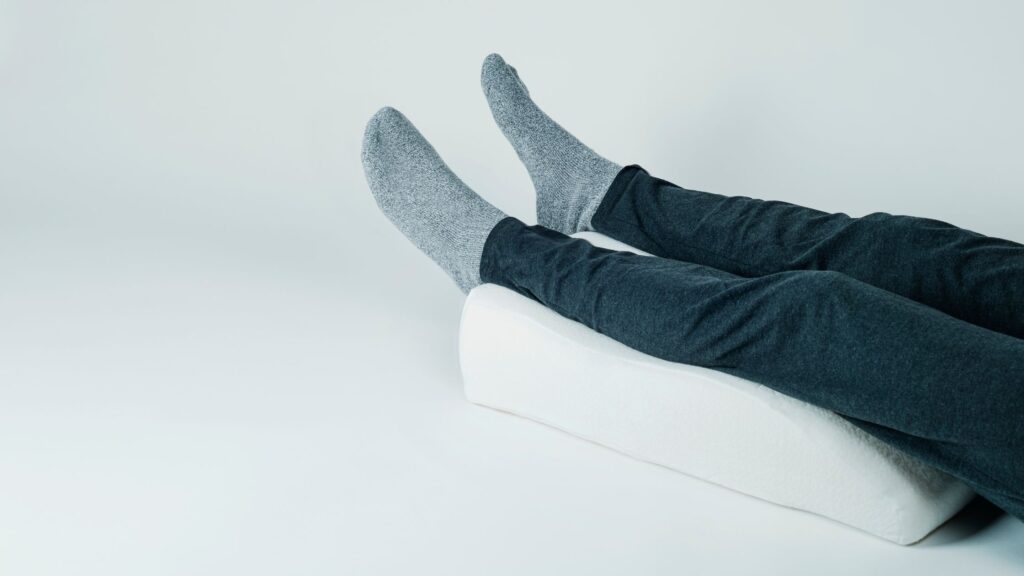Sleep is a crucial aspect of our overall well-being, and when back pain enters the picture, getting a good night’s rest can become a challenging task. Dealing with back pain can disrupt sleep patterns, affect sleep quality, and even exacerbate the pain itself. However, with the right approach and a few lifestyle changes, it is possible to achieve a restful night’s sleep even when dealing with back pain. In this guide, we will explore various strategies to help you sleep better and wake up feeling refreshed despite the discomfort in your back.

Understanding Back Pain and Sleep
Before diving into the strategies, it is essential to understand the connection between back pain and sleep. Many factors can contribute to back pain, such as poor posture, muscle strain, injuries, or medical conditions like arthritis or herniated discs. When lying down, the pressure on the spine can exacerbate these conditions, leading to increased discomfort during sleep.
Sleep disturbances caused by back pain can lead to a vicious cycle: lack of sleep can make back pain worse, and in turn, worsened pain can disrupt sleep further. Breaking this cycle is essential for effectively managing both back pain and sleep problems.
Finding the Right Sleeping Position
The first step to improving sleep when you have back pain is finding a suitable sleeping position that alleviates pressure on the spine and provides support to the affected areas. Here are some recommended sleeping positions:
1. On Your Back with a Pillow Under Your Knees: This position helps maintain the natural curve of the spine and reduces pressure on the lower back. Place a pillow under your knees to provide additional support.
2. On Your Side with a Pillow Between Your Knees: If you prefer sleeping on your side, place a pillow between your knees to keep your hips and pelvis aligned properly and reduce strain on your lower back.
3. Fetal Position: Curling up in a fetal position can also alleviate pressure on the spine. Lie on your side and draw your knees toward your chest gently.
4. Adjustable Bed or Recliner: For some individuals, sleeping in an adjustable bed or recliner can provide relief by allowing them to find a comfortable angle that supports their back.

Choosing the Right Mattress and Pillows
Selecting the right mattress and pillows can significantly impact your sleep quality and back pain. Here are some tips for choosing the right ones:
1. Mattress Support: Look for a mattress that offers ample support for your back. Medium-firm mattresses are generally recommended, but the ideal firmness may vary depending on your specific condition and preferences. Memory foam mattresses can also contour to your body’s shape, providing additional support.
2. Pillow Selection: Your pillow should support your neck and head while keeping your spine aligned. Consider using a contour or orthopedic pillow designed to maintain proper spinal alignment.
3. Replace Old Mattresses and Pillows: If your mattress or pillows are over 7-10 years old, it’s time to consider replacing them, as they may have lost their supportiveness and could be contributing to your back pain.

Pain Management Strategies
Managing back pain effectively can lead to more restful sleep. Here are some pain management strategies to consider:
1. Hot and Cold Therapy: Applying a heating pad or taking a warm bath can relax muscles and ease pain, while using an ice pack can reduce inflammation.
2. Over-the-Counter Pain Medications: Non-prescription pain relievers, such as ibuprofen or acetaminophen, can help alleviate mild to moderate back pain.
3. Topical Treatments: Some individuals find relief from topical treatments like menthol creams or pain-relieving patches.
4. Professional Help: If your back pain persists or worsens, consult a healthcare professional or a physical therapist for personalized advice and treatment.
Having back pain doesn’t mean you have to sacrifice a good night’s sleep. By understanding the relationship between back pain and sleep and implementing the strategies mentioned above, you can improve your sleep quality and wake up feeling more refreshed and rejuvenated. Remember that individual experiences may vary, and it’s essential to find the methods that work best for your specific needs and condition. If back pain persists or worsens, consult with a healthcare professional for personalized guidance and treatment. With the right approach, you can reclaim restful nights and embrace better overall health and well-being.



